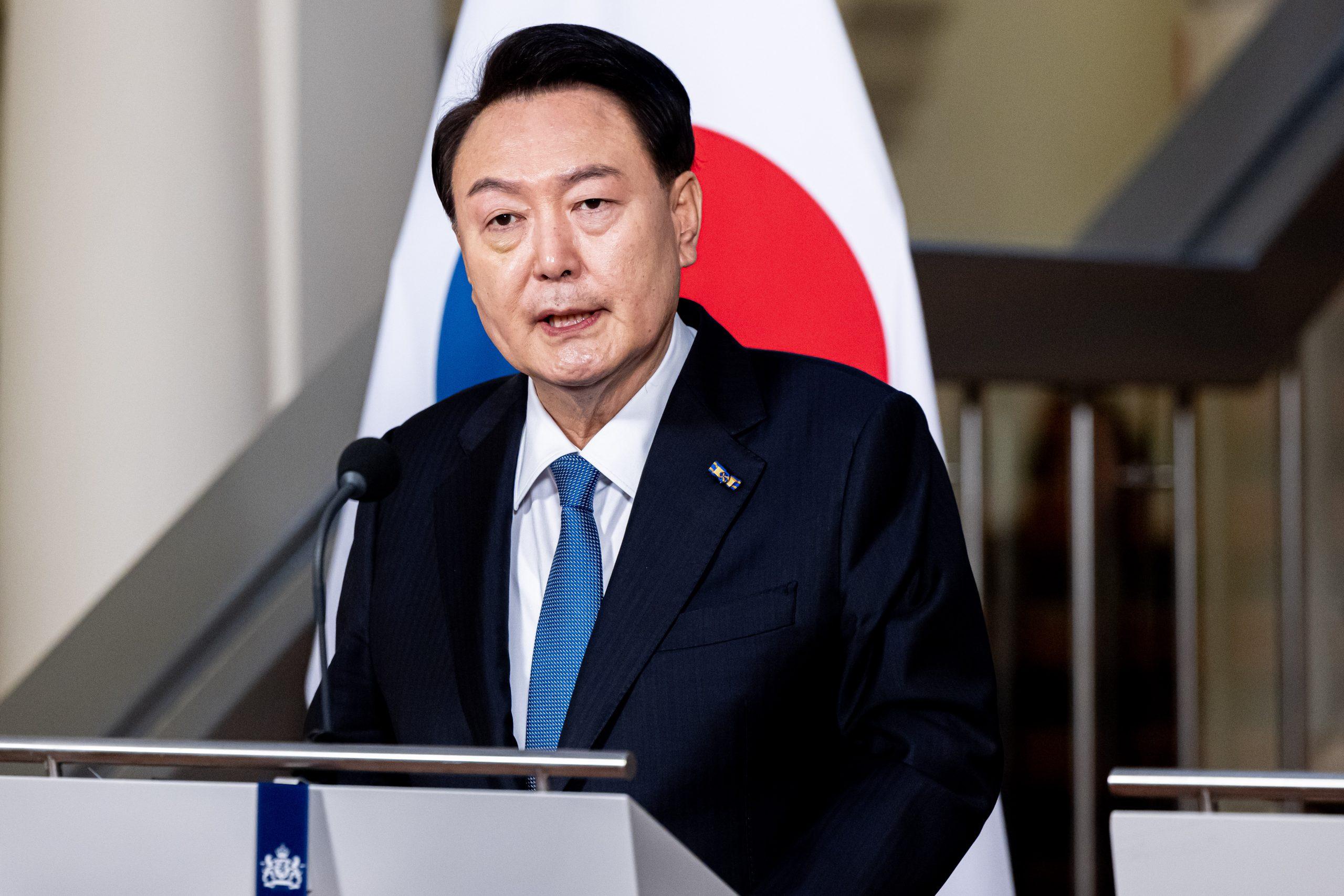South Korea approaches parliamentary elections
Posted By Abhishek Sharma on April 5, 2024 @ 08:43

South Korea’s domestic politics are plagued by trends including polarisation, truth decay, strongly differing perspectives, sharp personalities, and a widening gender divide. These are manifested in a growing gap between the two major political parties—the People’s Power Party (PPP) and the Democratic Party of Korea (DPK). And that opens the way for a new political landscape in the leadup to April 10 parliamentary elections.
There’s political churn between conservatives, represented by the ruling PPP under President Yoon Suk-yeol and by the DPK, led by opposition leader Lee Jae-myung. In 2022, the PPP won with a margin of less than 1%. Many issues, including housing, unemployment, corruption and the handling of the pandemic economy were responsible for the DPK’s loss.
However, after promising to address these issues during his 2022 campaign, President Yoon has not delivered on many counts and his party’s loss of traction was evident in its defeat [1] last year in Seoul’s Gangseo district by-election.
Although Gangseo is not a PPP stronghold, the poll tested public sentiment as the assembly elections approached and stirred discussion [2] on how the party might attract voters. An ‘innovation committee’ was established but ceased its deliberations early.
Dissatisfaction with the two major political parties in South Korea led to the rise of new parties before the assembly elections in February. To consolidate their voter base and electoral prospects, the smaller parties came together briefly but soon broke up in the face of their internal disagreements. According to the latest poll of parties [3], one of them, the New Reform Party has only 4.5% support, while another, the New Future Party, has 3.6%.
Conversely, the Korea Innovation Party led by the former tainted Justice Minister Cho Kuk, has gained 11% support, making it the strongest among all small parties. While the PPP benefits from fragmentation of rival conservative groups, Cho Kuk’s increased popularity threatens the support base of the DPK. Other minor parties, such as the New Future Party and Justice Party, have received a mere 1%.
Despite decreasing support for small parties, big ones are not in a clear majority poll position. A Metrix survey [4] showed President Yoon’s popularity dropping to 34%. According to the latest Realmeter survey, the momentum gained on the back of an ongoing doctors strike seems to have lost steam. President Yoon’s popularity has dropped to 36.3% with new challenges becoming prominent, including rising inflation and controversy about the former defense minister’s diplomatic appointment. Another concern is the failing charm offensive of PPP’s party leader, Han Dong-hoon.
Under the new circumstances, the opposition tried to get its house in order. The DPK focused on resolving internal feuds like factional disputes between pro-Lee and anti-Lee groups, as many lawmakers have accused Lee Jae-myung of favouring people close to him and sidelining members of a rival faction on a pretext of poor legislative performance. For election campaigning, the DPK is using the PPP’s latest controversies as a crutch to strengthen its political prospects. In addition, the PPP has removed candidates making problematic unwarranted social comments [5].
After recognizing the damage done by the new allegations and their damage to the leader’s popularity, PPP has also rushed to find a way out of controversies. To address the accumulating issues, the party cancelled many nominations of candidates who were suspected of bribery and making dubious [5] comments on social media or threatening journalists [6]. It is also attempting to use its nationalist credentials to benefit from comments made by DPK satellite party candidates accused of having a pro-North Korea stance.
Yoon still has three years in office as president, and Lee wants to keep his party’s majority intact. However, the electoral pendulum will oscillate towards the party that has best managed three factors—controversies, candidate nominations, and appeal to swing voters. Polls show that in the election battle, the DPK has managed to have an edge over the PPP.
Article printed from The Strategist: https://aspistrategist.ru
URL to article: /south-korea-approaches-parliamentary-elections/
URLs in this post:
[1] defeat: https://koreajoongangdaily.joins.com/news/2023-10-12/national/politics/Crushing-byelection-defeat-puts-PPP-in-a-pickle/1888746
[2] discussion: https://en.yna.co.kr/view/AEN20231015003351315
[3] poll of parties: https://en.yna.co.kr/view/AEN20240401003700315?section=national/politics
[4] survey: http://world.kbs.co.kr/service/news_view.htm?lang=e&Seq_Code=184644
[5] social comments: https://www.koreatimes.co.kr/www/nation/2024/03/356_370677.html
[6] threatening journalists: https://www.koreatimes.co.kr/www/nation/2024/03/356_370682.html
Click here to print.